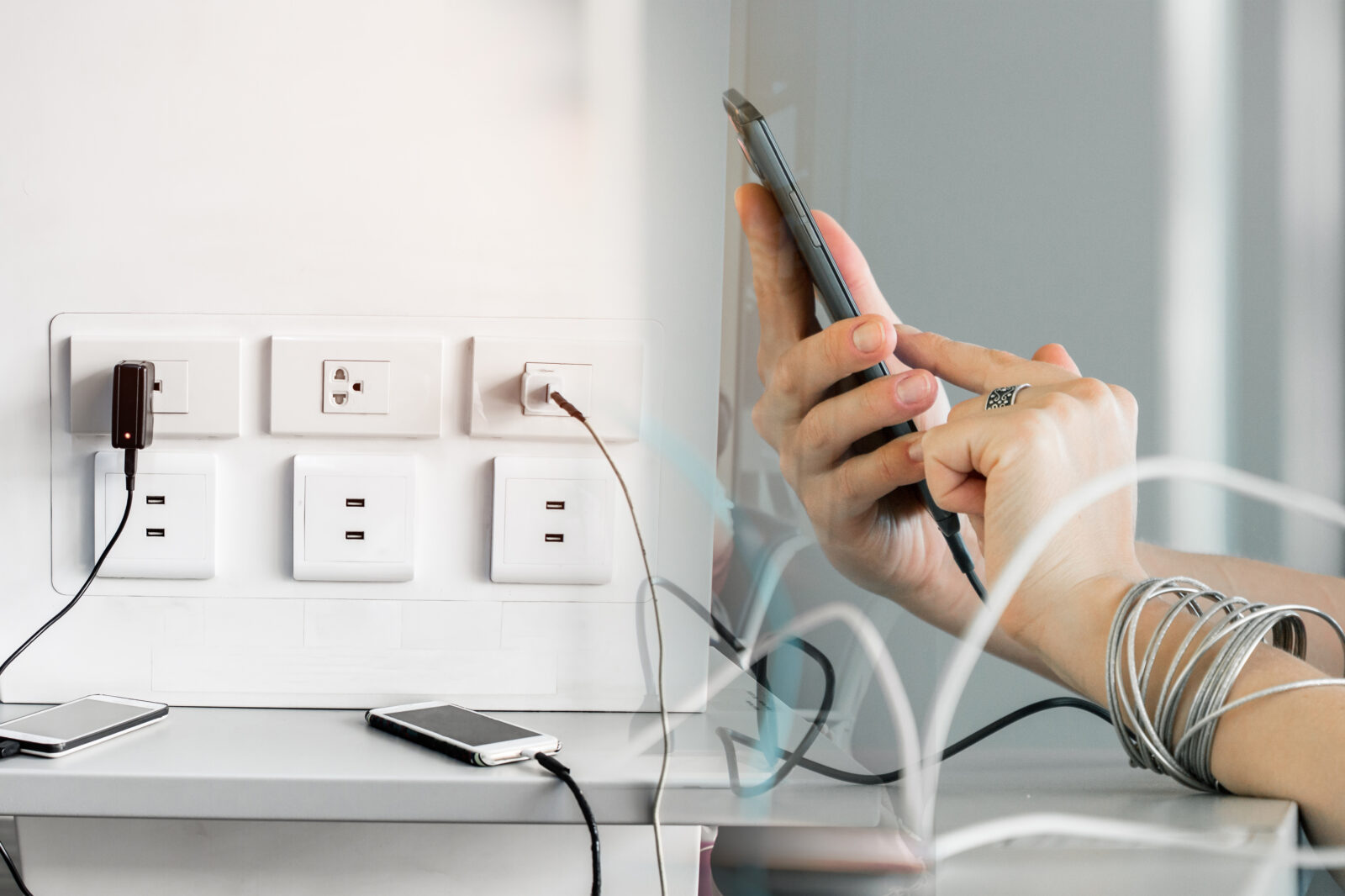
The FBI is advising consumers to avoid using public phone charging stations to protect their devices from malicious software.
Public USB stations found in malls and airports are being used by cybercriminals to spread malware and monitoring software, according to the FBI’s Denver branch. Although the agency did not provide specific examples, it warned users to carry their own charger and USB cord and use an electrical outlet instead.
Avoid using free charging stations in airports, hotels or shopping centers. Bad actors have figured out ways to use public USB ports to introduce malware and monitoring software onto devices. Carry your own charger and USB cord and use an electrical outlet instead. pic.twitter.com/9T62SYen9T
— FBI Denver (@FBIDenver) April 6, 2023
Security experts have long been warning about the risks of using public charging stations. In 2011, researchers coined the term “juice jacking” to describe the problem.
“Just by plugging your phone into a [compromised] power strip or charger, your device is now infected, and that compromises all your data,” Drew Paik, formerly of security firm Authentic8, said in 2017.
Simply plugging a phone into a compromised power strip or charger can infect the device with malware, compromising all data stored on it. The cord used to charge a phone is also used to transfer data between devices. If a port is compromised, hackers can access email, text messages, photos, and contacts.
Although there has not been a recent major attack on cybersecurity, Vikki Migoya, public affairs officer at the FBI’s Denver branch, said they wanted to remind travelers to remain on alert as the travel season begins to pick up.
“The FBI regularly provides reminders and public service announcements in conjunction with our partners,” Migoya said. “This was a general reminder for the American public to stay safe and diligent, especially while traveling.”






















